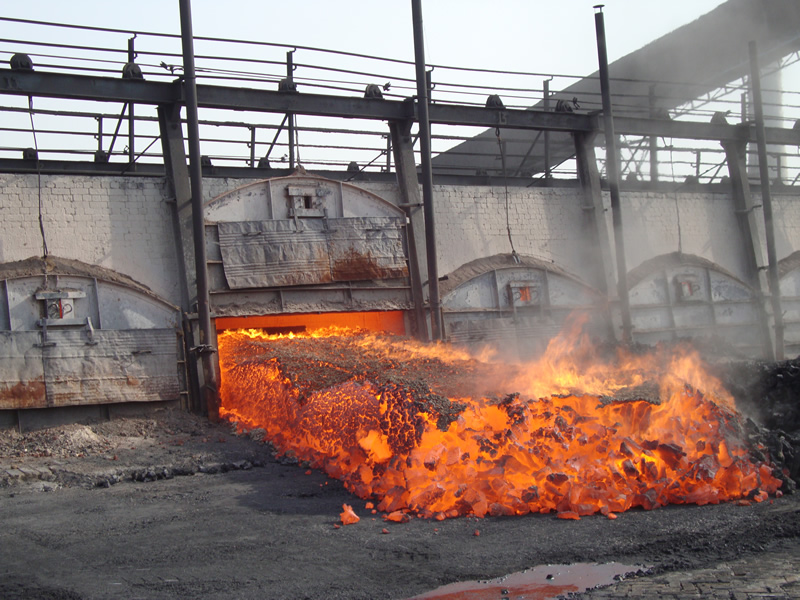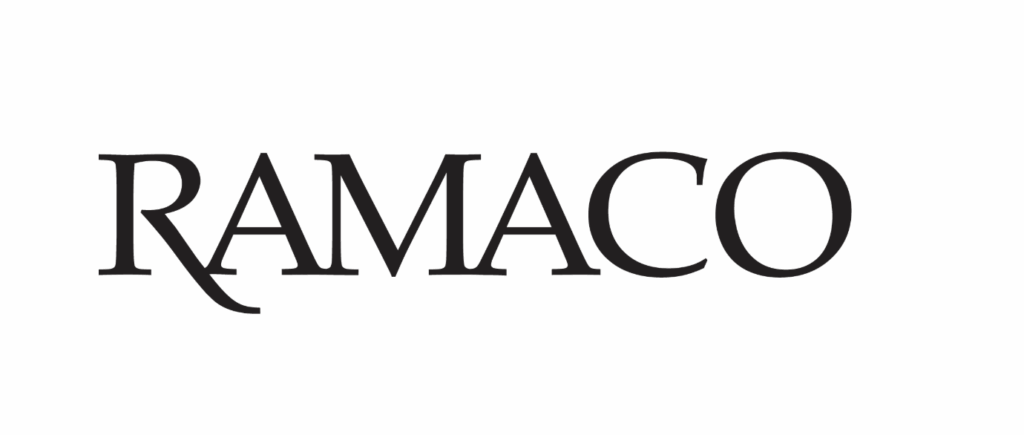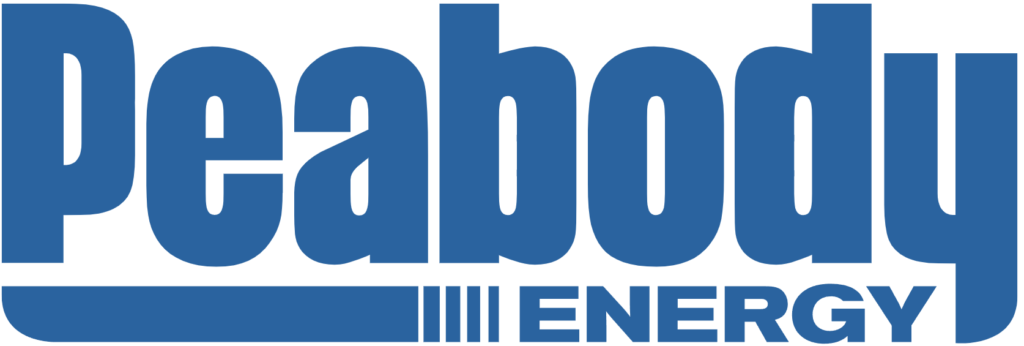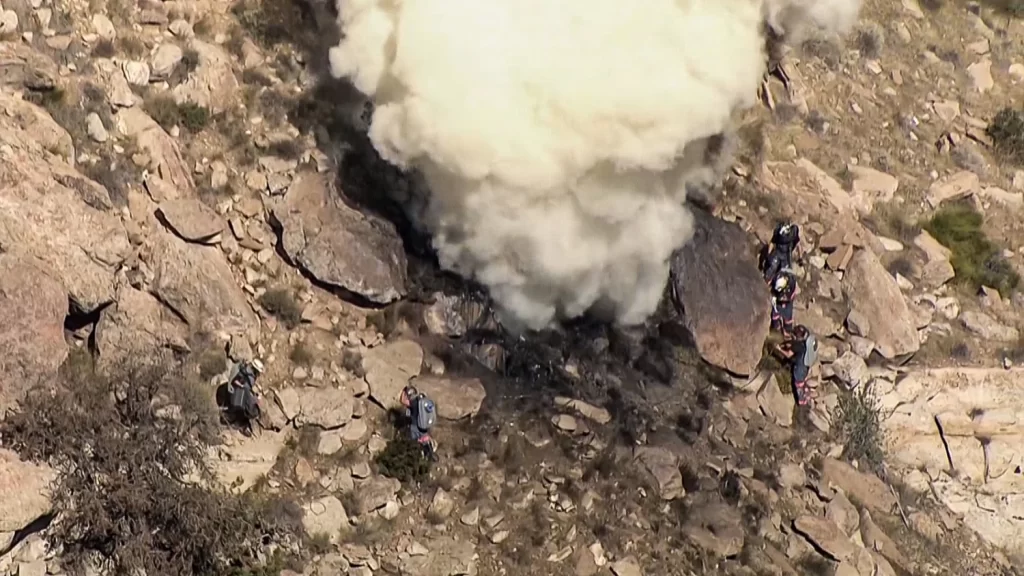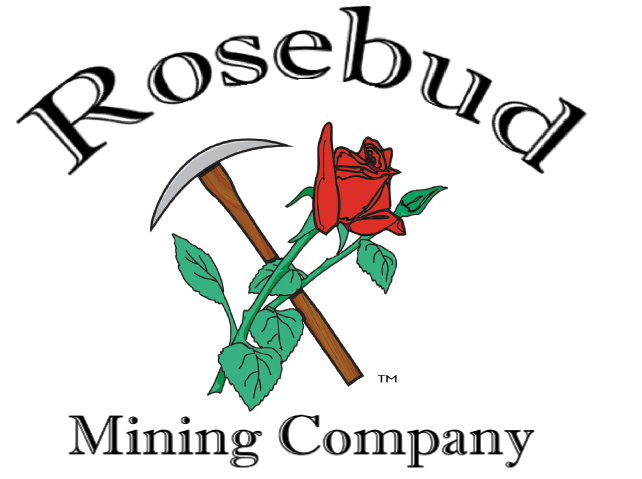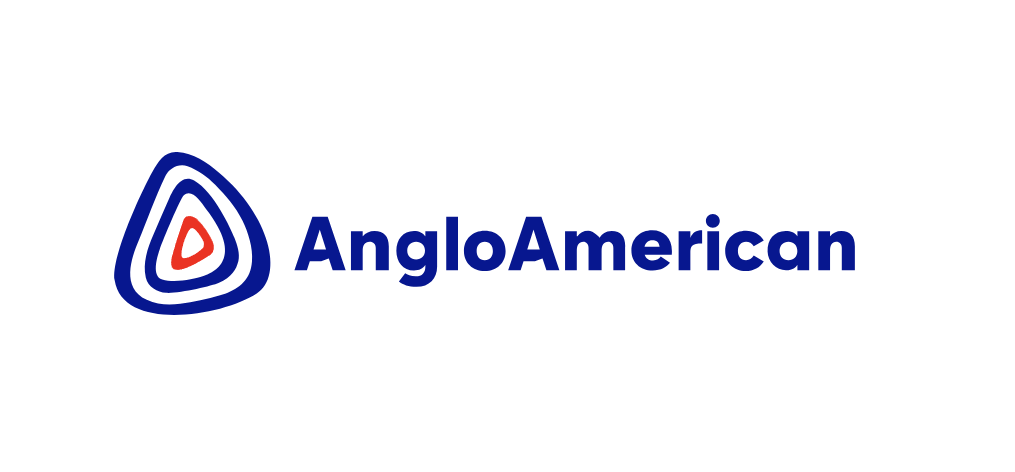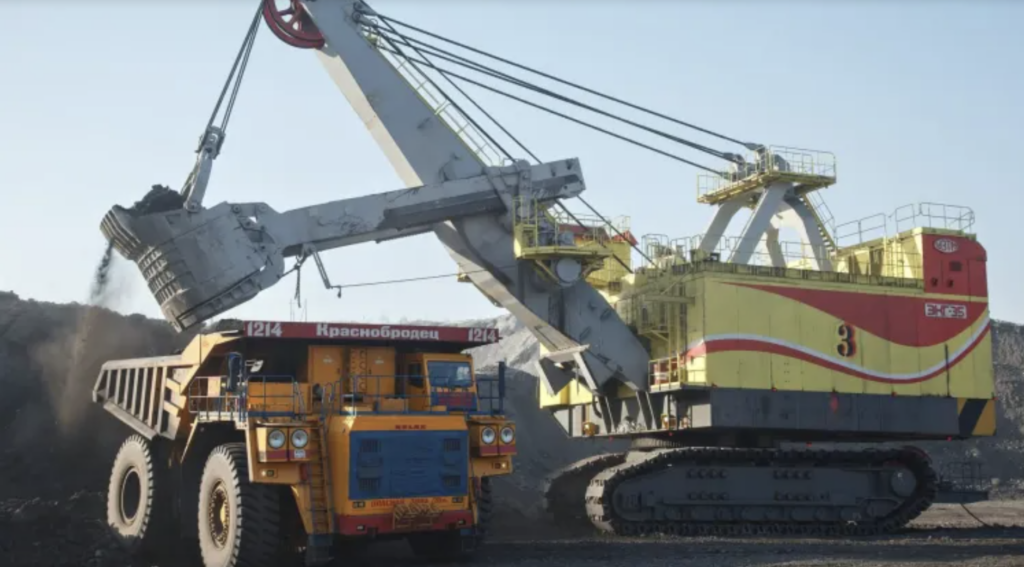Chinese participants may become more resistant to accepting high-priced coking coal, both domestic and imported, even as coking coal prices are expected to maintain an upward trend in the near future.
Recent coke price hikes and strict regional safety inspections shored up the domestic coking coal market. Most miners in main producing areas reported smooth dispatches and fast-depleting stocks.
Strong sales have further spurred prices of gas coal in Zichang, Yan’an of Shaanxi and fat coal in Wuhai of Inner Mongolia to rise by 50 yuan/t to 1,200-1,250 yuan/t and 1,650 yuan/t, respectively. Shanxi’s low-sulfur primary coking coal rose to 1,970-2,000 yuan/t. This suggested a total 150-300 yuan/t increase in various coking coal grades this month.
Online coal auctions have settled at higher premiums. A coal miner in Luliang, Shanxi, issued tender for 10,000 tonnes (t) of coking coal (S 1.5%, GRI 70) at 1,560 yuan/t on 23 April, and all were traded at 1,615 yuan/t, up from 1,600-1,605 yuan/t in the previous session.
An auction of gas coal (S 0.5%, GRI 70) in Jining of Shandong was concluded at 1,175 yuan/t on the same day, up from the starting level of 1,080 yuan/t and 60 yuan/t higher than the last trade.
However, the sustained price increases of domestic coking coal are reducing its appeal to end-buyers and traders. “We are delivering cargoes normally and raised prices by 60 yuan/t yesterday, but it seems to become a little harder to sell after the hike,” said one source with a mining group based in Shandong, which mainly produces gas fat coal and gas coal.
Some coke producers showed reluctance to accept high feed coal prices. Two rounds of coke price hikes, 200-220 yuan/t, are still making it challenging for them to cope with the price jumps of coking coal.
Most coking plants continued to suffer losses in their operations. “Coking coal stocks are enough for seven days of usage and we will temporarily halt purchases given the losses,” a coke producer from Shanxi told Sxcoal. It has, however, ramped up production to full capacity since its neighbouring steel mill reopened.
In the import market, coking coal supply was sufficient but transactions of the pricy cargo languished at northern China ports. “Apart from traders, end-users have not been accepting high-priced imported goods,” said a trader at Jingtang port, anticipating a decrease in coking coal prices.
“We sold 20,000 t of GJ coal at 1,400 yuan/t today. Seaborne coal is currently unable to trade higher and is expected to fall soon,” said one source from a trading company in Rizhao of Shandong.
Mongolian coking coal trades were also inactive at Ganqimaodu border port due to higher prices and logistical bottlenecks. Chinese downstream users adopted a wait-and-see stance to Mongolian coking coal.
Spot offers for Mongolian 5# raw coal stood at 1,350-1,380 yuan/t, while that for Mongolian 3# washed coal at 1,550 yuan/t, ex-stock Ganqimaodu with VAT.
In addition, it was heard that JFE Steel, Japan’s second-largest steel producer, bought 75,000 t of Australian coking coal, with 40,000 tonnes of premium mid-volatile Goonyella coal traded at S237/t FOB and the remaining 35,000 t of Moranbah North coal and Illawarra coal at 102.5% June PLV index.
Source: Sxcoal

